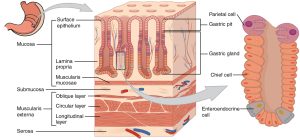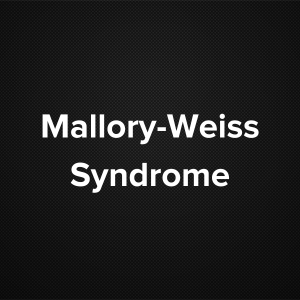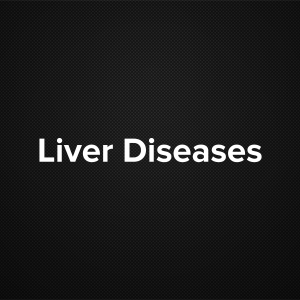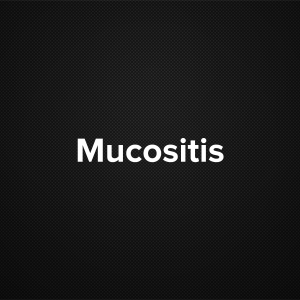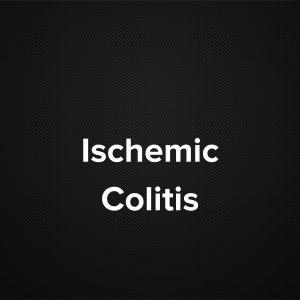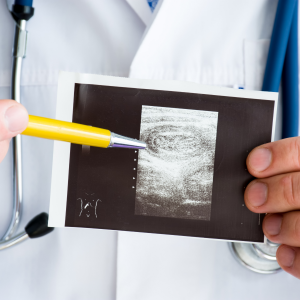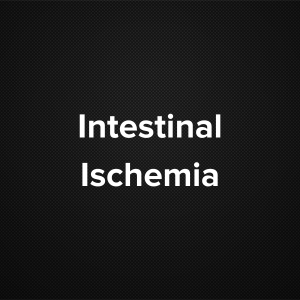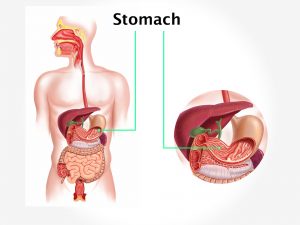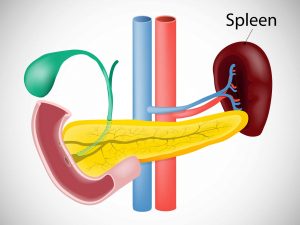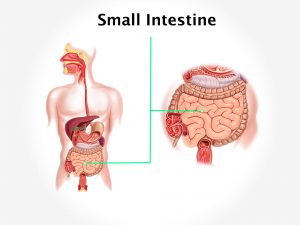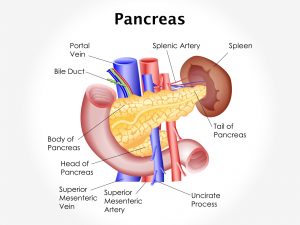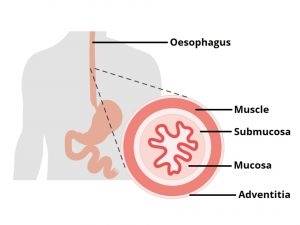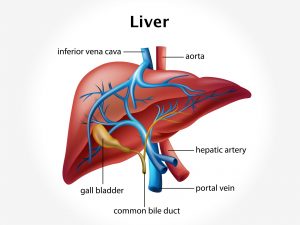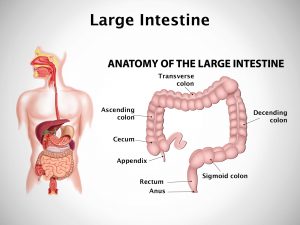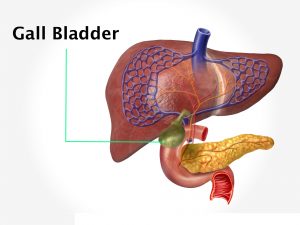Causes and risk factors
The stomach is lined by gastric mucosa which contains 6 different types of cells which secrete different substances. Columnar epithelial cells secrete mucus, mucoid cells secrete gastric mucus, chief cells secrete pepsinogen, gastrin cells (G cells) secrete gastrin, parietal or oxyntic cells secrete HCl, endocrine cells secrete serotonin. Causes of achlorhydria include: Autoimmune disease – antibodies are produced against parietal cells which normally produce gastric acid. Excessive use of antacids which reduce the acid content of the stomach. Mucolipidosis, which is a rare disease. Helicobacter pylori infection, which neutralizes and reduces the secretion of gastric acid. Diseases like pernicious anemia, atrophic gastritis, or stomach cancer. Radiation therapy involving the stomach. Gastric Bypass procedures such a duodenal switch and RNY, in which the largest acid producing parts of the stomach are removed or blinded. Some specific types of pancreatic tumors also lead to achlorhydria.
Clinical presentation
Patient complains of indigestion, bloating, diarrhea, and constipation. There is increased susceptibility to bacterial and parasitic infection like chronic yeast infection, iron deficiency, and adult acne. Patient comes with weak/peeling/cracked nails. There are dilated blood vessels in cheeks and nose. There is marked hair loss in females. Patient presents with undigested food in stools. There are recurrent food allergies. There can be rectal itching. There is nausea after taking any diet supplement. Acids facilitate absorption of iron, thus the disease results in pernicious anemia.
Investigation
Medical history by the patient and clinical examination by the doctor helps in diagnosis. Measurement of gastric pH – through aspiration by a nasogastric tube, endoscopy, or using equations. Antiparietal cell antibody testing is done. Hydrogen breath test is recommended. Tests for iron indices, calcium, prothrombin time, and serum folate are done. Vitamin B12, vit D, and thiamine levels are obtained. CBC and peripheral smears are done.
Treatment
Treatment depends upon the underlying cause. Supplementation with minerals and vitamins like vitamin B12 is given. Treatment for eradication of H. pylori is given. Antifungals and antibiotics may be needed to treat recurring infections. Associated immune mediated conditions should be treated.
Other Modes of treatment
The other modes of treatment can also be effective in treating achlorhydria. Homoeopathy is a science which deals with individualization and considers a person in a holistic way. This science can be helpful in combating the symptoms. Similarly, the Ayurvedic system of medicine, which uses herbal medicines and synthetic derivates, is also found to be effective in treating achlorhydria.
